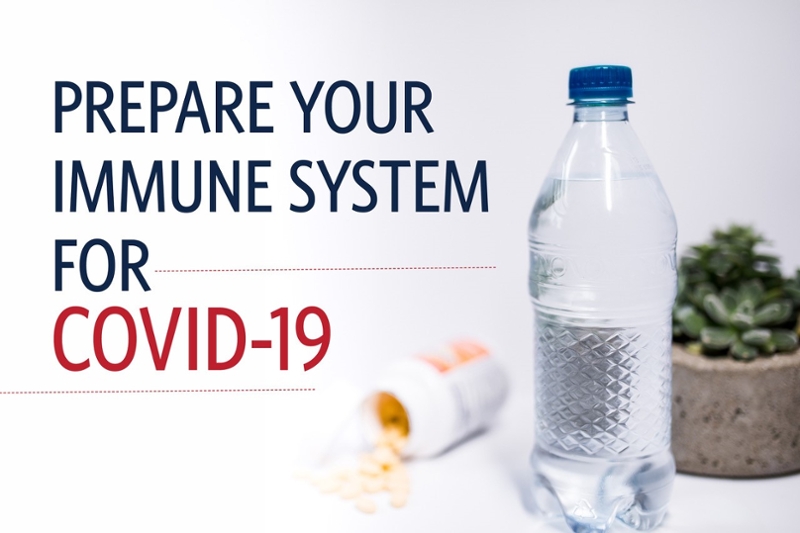
As of April 1, the Centers for Disease Control and Prevention (CDC) reported 186,101 total cases of Coronavirus or COVID-19 in 50 states, District of Columbia, Puerto Rico, Guam, the Northern Mariana Islands, and the U.S. Virgin Islands.
The spread of COVID-19 has been rampant but the CDC states that the risk of becoming seriously ill from the virus that causes COVID-19 can be relatively low. Annette Hess, associate professor in Samford University’s Ida Moffett School of Nursing, says that there are basic ways to “boost” your immune system better preparing your body to handle respiratory infections and making the probability of a mild case - should you contract COVID-19 - higher.
Hess says that you should fuel your body with minerals and vitamins like zinc and vitamin C. She suggests first consulting with your primary provider about adding these supplements to your daily diet.
A study published in "Cochrane Database of Systematic Reviews" showed that taking zinc supplements 24 hours after the onset of symptoms reduced the severity and duration of the common cold.
“Zinc and vitamin C will not prevent COVID-19 but they can help improve outcomes because they support immune function,” said Hess. “Vitamin C helps fight off infection by acting as an antioxidant meaning it prohibits the creation of free radicals that damage cells and tissue, helping the body sustain minimal damage from infection.”
Both zinc and vitamin C can be added to your diet naturally. Legumes, seeds and nuts, dairy and meats are high in zinc, and vitamin C can be found in citrus fruits and vegetables like broccoli and bell peppers. Zinc and vitamin C supplements should be taken as prescribed; it is possible to have too much. An overdose of either can cause nausea, diarrhea and other digestive issues.
Hess also says avoiding dehydration is important. “Proper hydration improves oxygen flow meaning that our body is able to better able to remove harmful toxins. Additionally, hydration helps facilitate proper mucus production which is our body’s natural way of blocking contaminants that cause infection,” says Hess.
Most health authorities recommend eight eight-ounce glasses of water a day. However, Hess says it’s important to listen to your body. “Thirst is your body’s natural way of letting you know you are dehydrated.”
If you do begin to feel ill, Hess suggests adding electrolyte fluids to your daily fluid intake because in addition to hydrating you, they will balance your body’s pH level and help move nutrients into and waste out of your cells.
“We lose electrolytes when we sweat and failing to replenish them can lead to headaches, nausea, fatigue and other symptoms making someone who is already sick feel worse,” says Hess.
Ultimately, Hess says that preparation is key. “Be proactive and utilize smart viral protection such as hand washing, avoiding touching your face and remaining six-feet away from others.”
To view the most recent information about Samford University related to COVID-19, visit our COVID-19 webpage for ongoing updates.
